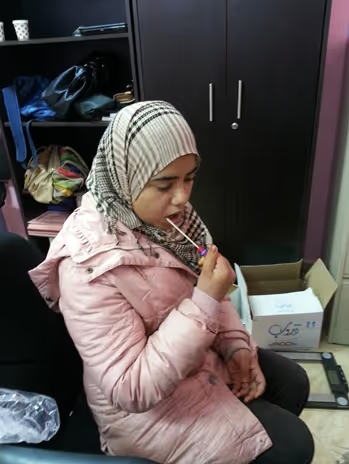Association of MAOA genetic variants and resilience with psychosocial stress: A longitudinal study of Syrian refugees

Early childhood trauma can have profound and lifelong effects on adult mental health and psychosocial wellbeing. Nevertheless, responses to trauma are highly variable. Genetic variants may help explain variation in responses to trauma by identifying alleles that associate with changes in mental health measures. Protective factors, such as resilience, likely also play an important role in responses to trauma. The effects of genetic variants, in combination with protective factors, on psychosocial health are not well understood, particularly in non-Western contexts. In this study, we test the relative influence of genetic variants of monoamine oxidase A (MAOA, a gene proposed to influence the impact of childhood trauma on adult violence and antisocial behavior), levels of resilience, and exposure to traumatic events on psychosocial stress and mental health trajectories over time.
The Study use data from a cohort of 12-18-year-old Syrian refugees who were forcibly displaced to neighboring Jordan (n = 399). DNA samples and survey data on trauma exposure, resilience (CYRM-12), and psychosocial stress were collected at three time points: baseline, ~13 weeks, and ~48 weeks. Using multilevel models, the Study identified an association of MAOA variant, in males only, with symptom scores of psychosocial stress on the Perceived Stress Scale (PSS) over time (p = 8.1 x 10−4). The research also found that resilience is strongly associated with PSS (p = 7.9 x 10−9), underscoring the importance of protective factors in influencing levels of psychosocial stress. Furthermore, there was an additive effect wherein the sharpest reductions in perceived psychosocial stress are seen in low-activity MAOA males with low trauma exposure or high resilience levels. The results highlight the value of studies that integrate genetic and psychosocial factors to better understand complex phenotypes, such as responses to trauma in contexts of high trauma exposure.